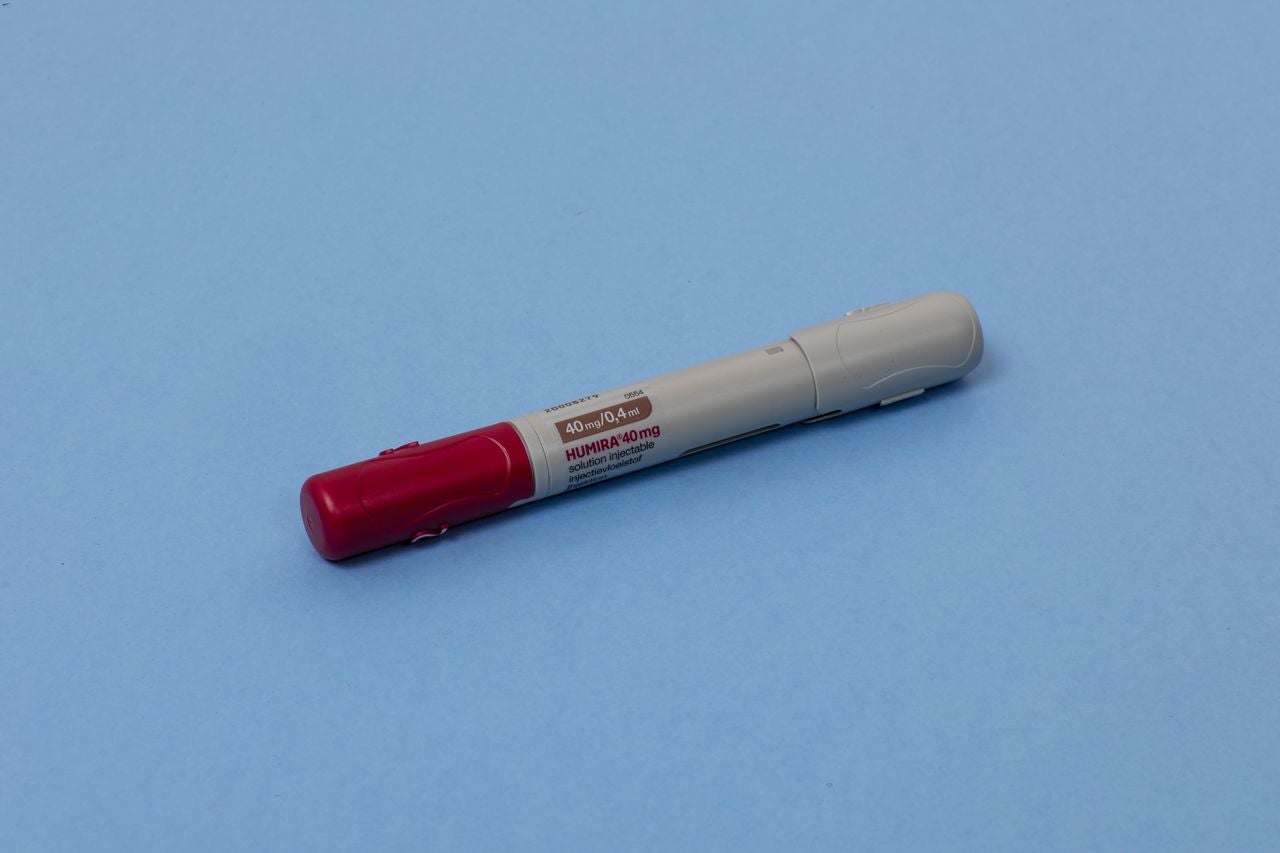
Biosimilars for AbbVie’s (US) Humira (adalimumab) have finally launched in the US, bringing an end to Humira’s 20-year reign as the best-selling biologic of all time. Biosimilars are an important tool to facilitate competition, lower the price of drugs, and create savings across the board. Amgen’s (US) Amjevita (adalimumab) is the first Humira biosimilar, launched in February 2023, and seven other FDA-approved biosimilars are expected to arrive on the US market later this year. In addition, two more Humira biosimilars are currently under FDA review and both are anticipated to launch in 2023. However, it has taken over six years for Amjevita to launch, after first being FDA-approved in 2016. Many other biosimilars have also been FDA-approved since 2016. AbbVie had reached settlement agreements with the biosimilar manufacturers to keep the biosimilars off the US market until 2023. Amgen’s deal with AbbVie also granted Amjevita six months of biosimilar exclusivity on the US market. In comparison, Humira biosimilars entered Europe more than four years ago.
The US biosimilars market is notably underdeveloped and biosimilar entry in the US has been difficult, consistently lagging behind Europe. Currently, 40 biosimilars are FDA-approved and 25 have launched, whereas the EMA has approved 86 biosimilars since 2006. Until 2010, no regulatory approval pathway for biosimilars existed in the US and the first biosimilar was only approved in the US in 2015. The US biosimilar approval pathway has been considered very narrow and biosimilars are also not immediately granted interchangeable status, which allows biosimilars to be substituted for the reference product. Additional data is required to be submitted to the FDA to meet the interchangeable status, whereas, in Europe, biosimilars are automatically given the interchangeable status.
The primary reasons for delayed market entry in the US revolve around patent disputes. Many pharma companies hold extensive patent protections and have ongoing patent litigation cases. Sometimes the settlement of a patent dispute involves agreeing to defer entry. For example, AbbVie had obtained more than 100 patents for Humira. Despite the patent for the active ingredient in Humira expiring in 2016, additional patents had continually protected the drug, which explains the multiple Humira patent infringement cases AbbVie was involved in. The Humira settlements involved a deal where the biosimilar manufacturers delayed entry and pay AbbVie a royalty upon launch.
Since Humira biosimilars entered Europe, they have been noted to cause steep discounts in price, higher uptake, and big cost savings. For example, the cost of Humira biosimilars in Denmark decreased by 82% from September 2018 to December 2018. However, when Humira biosimilars enter the US, the cost savings may not be realised quickly or as significantly as seen in Europe. Biosimilars launched in the US have seen slow uptake due to several reasons. Originator manufacturers may employ strategies to ensure formulary exclusivity or employ rebate schemes. Advocacy groups, like Biosimilar Forum, have highlighted issues around formulary access for the new biosimilars and questioned if pharmacy benefit managers (PBMs) will offer all the Humira biosimilar options on their formularies. Many experts have concerns that only a few Humira biosimilars will have access to the US market, while the rest will not be listed, thereby leading to lower savings than expected. In addition, insurers’ contracting practices can help preserve the sales of brand-name drugs. Further, there remains scepticism on the efficacy and safety of biosimilars. Patients may be reluctant to switch to biosimilars and doctors may have limited incentives to choose biosimilars. The cost-saving potential of biosimilars will mostly be determined by physicians and payers, physicians’ ability to drive uptake and divert patients away from the reference product, and biosimilars’ fair access to formularies. At the current rate, biosimilars have not yet achieved the intended goal of increasing competition and reducing prices.
Regardless of the delay, there is an anticipation that the price of Humira, and its biosimilars, will fall over time in the US. As the biosimilars are launched, each will highlight its own strengths to gain as much of the market share as possible. Several factors exist that will determine the Humira biosimilars uptake. These include the role of PBMs, the staggered launch of the approved biosimilars, and the rollout of interchangeable versions. Other advantageous considerations for biosimilars include high-concentration and citrate-free versions. The release of the Humira biosimilars could potentially transform the biosimilars market in the US. There is potential for heavy competition, high possible sales revenue, and the wide variety of indications Humira can treat, setting the tone for a more competitive market for Humira and for future biologics. The biosimilar market in the US may progress differently this time. The success or failure of Humira biosimilars will represent the latest test of biosimilars attempting to reduce US healthcare spending and improve public health.
See Also:
How well do you really know your competitors?
Access the most comprehensive Company Profiles on the market, powered by GlobalData. Save hours of research. Gain competitive edge.

Thank you!
Your download email will arrive shortly
Not ready to buy yet? Download a free sample
We are confident about the unique quality of our Company Profiles. However, we want you to make the most beneficial decision for your business, so we offer a free sample that you can download by submitting the below form
By GlobalData





Related Company Profiles
AbbVie Inc
Amgen Inc